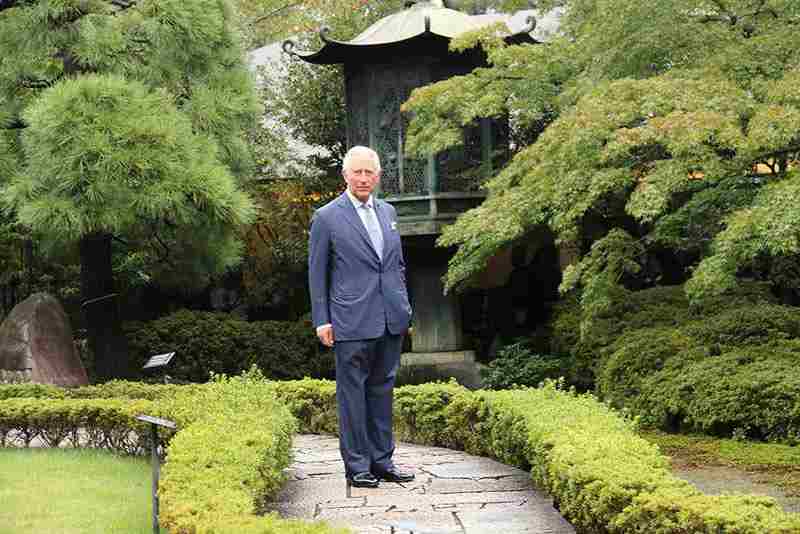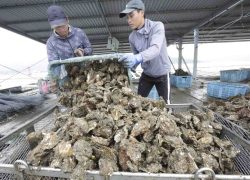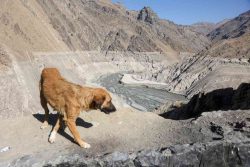
HRH The Prince of Wales
November 2, 2021
I was invited to speak at two important world gatherings — the G20 Summit in Rome and the COP26 meeting in Scotland. My message to both is the same. There is no issue more pressing than the future health of our planet and the people who inhabit it. Its health today will dictate the health, happiness and economic prosperity of generations to come. That surely has to be our focus. I have always felt we have an overwhelming responsibility to those generations yet unborn.
Fortunately, after very nearly 50 years of trying to raise awareness of the growing climate and environmental crisis, I am at last sensing a change in attitudes. It now seems much more widely accepted that there is a need for urgent and real action on the ground. I have spent much of those 50 years listening to a great many people. I have learned from the world’s experts who have dedicated their lives to tackling climate change. I have listened closely to leaders of many countries, particularly Commonwealth nations, whose communities are some of the most climate-vulnerable on Earth, and I have found it impossible not to hear the despairing voices of young people who worry about the world they will inherit from the current generation of stewards of their planet. And I have listened to leaders of the private sector, increasingly eager to invest in the innovative projects and new technologies that will help to create the necessary, rapid transition to sustainability and guarantee for everyone a cleaner, safer, healthier planet. For me, the private sector holds the key. I am not sure we are, in fact, listening to them enough.
Nearly two years ago I established my Sustainable Markets Initiative which has now been joined by some 300 of the world’s top CEO’s from every sector of the economy. I have discovered just how acutely sensitive they are to the way their customers and their investors are now demanding changes to the way businesses behave. Their customers are a powerful lobby. After all, consumers control more than 60% of global GDP. To take just one example, joining me at the G20 were leading members of the fashion industry who launched a new digital I.D. for clothes to make clear how products are designed, manufactured and distributed. It is an example of the commitment businesses want to show; the kind of investment only they can provide. They believe, as do I, that their customers have the right to know what they buy has been created sustainably — and will make future choices on that basis.
Why does this kind of private investment matter? If we are to meet the vital 1.5 C climate target — a target that will save our forests and farms, our oceans and wildlife — we need trillions of dollars of investment every year to create the necessary new infrastructure to create the transition to sustainability. Governments alone cannot muster those sorts of sums. But the private sector can, working in close partnership with governments and civil society.
What needs to happen, then, to overcome the barriers and unlock these opportunities?
Firstly, businesses across the world tell me they need clear market signals from governments so they can plan for the long term. This would boost confidence in existing projects and attract the necessary institutional investment for new ones. As it stands, there are too few investment-ready projects in the pipeline because there is too little confidence in the system. To do this, there is a need to align country, industry and investment roadmaps. Here, Multilateral Development Banks have a critical role to play in creating the enabling environment for investment that supports a sustainable future.
The second thing they need is the correction of misalignments across institutional, regulatory and legal frameworks. Realigning incentives, putting a proper value on carbon, finding innovative and sustainability-aligned ways to address the growing debt burden as well as implementing country platforms seem absolutely critical, if we are to support the poorest and most vulnerable countries as the transition occurs. Solutions at scale seem possible only if there is a much closer partnership between Government, the main multilateral banks, the private sector and its investors.
Finally, business leaders tell me that, beyond Multilateral Development Banks, there is an urgent need to explore how the G20 can develop a mechanism to provide sovereign risk guarantees that would help release the vast sums of money required to make this public/private partnership a reality. And that, in turn, is our only hope if we are to keep global warming to 1.5 C.
There is, at last, broad global agreement that we are faced by a formidable threat to the future of humanity and Nature herself and that we must, now, translate fine words into still finer actions. Surely, if we managed to set aside differences, we could see this as a unique opportunity to launch a substantial green recovery for the benefit of all.
It could be the growth story of our time, establishing a global economy that follows a confident, sustainable trajectory and thereby saves our planet.
HRH The Prince of Wales contributed this piece on the occasion of the COP26 meeting in Scotland.
Top Articles in Science & Nature
-

Japan Institute to Use Domestic Commercial Optical Lattice Clock to Set Japan Standard Time
-

Japan to Face Shortfall of 3.39 Million Workers in AI, Robotics in 2040; Clerical Workers Seen to Be in Surplus
-

Record 700 Startups to Gather at SusHi Tech Tokyo in April; Event Will Center on Themes Like Artificial Intelligence and Robotics
-

iPS Treatments Pass Key Milestone, but Broader Applications Far from Guaranteed
-

iPS Cell Products for Parkinson’s, Heart Disease OK’d for Commercialization by Japan Health Ministry Panel
JN ACCESS RANKING
-

Japan PM Takaichi’s Cabinet Resigns en Masse
-

Japan Institute to Use Domestic Commercial Optical Lattice Clock to Set Japan Standard Time
-

Israeli Ambassador to Japan Speaks about Japan’s Role in the Reconstruction of Gaza
-

Man Infected with Measles Reportedly Dined at Restaurant in Tokyo Station
-

Videos Plagiarized, Reposted with False Subtitles Claiming ‘Ryukyu Belongs to China’; Anti-China False Information Also Posted in Japan
























